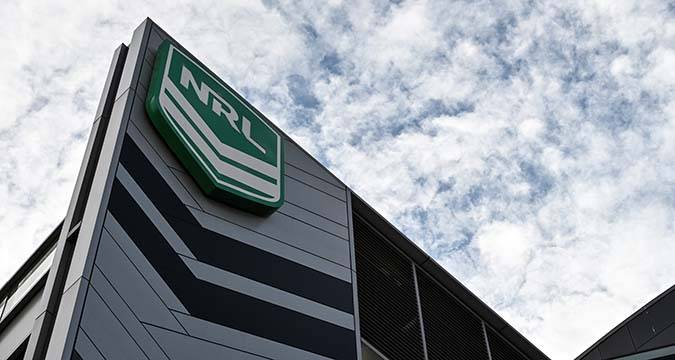
THE NRL begins this week with the first trial games that form part of the Pre-Season Challenge, but the build-up to the new season has been overshadowed by the deadlock over a new collective bargaining agreement (CBA).
The CBA sets out the salary cap and players’ working conditions, and is negotiated between the NRL and the players’ union, the Rugby League Players’ Association (RLPA).
The previous five-year deal expired at the end of the 2022 season and negotiations have dragged on far beyond the initial deadline of October last year.
A proposed deal from the NRL was rejected last month by the RLPA, which has sent a counter-proposal to the league.
Several players have recently hinted at the potential for strike action, and although matches over the next fortnight, including the Māori v Indigenous All Stars games and the World Club Challenge between Penrith Panthers and St Helens, are not believed to be at risk, players have been boycotting NRL promotional duties and there is concern over the start of the league season.
Relations between the NRL and players have been strained since the league unilaterally announced a new salary cap in December, a record-high AU$12.1m. This is a 40.5% share of the NRL’s consolidated revenue, with the RLPA asking for more.
The issue is not simply around the headline money, however, with players wanting the lowest-paid players to receive a greater rise to the minimum salary and past players to be better looked after through retirement funds and extended injury support.
Players also want more power around their employment conditions, with a greater say on the number of matches played, the disciplinary process and how the game is run.
The RLPA is also negotiating for women players in the NRLW, who are looking for their first ever CBA.
There is currently no deal in place at all for them, meaning players are currently uninsured to even train, never mind play in their All-Stars game this weekend, and the shape of the upcoming season is uncertain.
Both CBAs are being fought for together, with the men’s players in solidarity with their female counterparts.
“For the first time in 120 years of the game, players en masse have stood up and have taken action,” said RLPA Chairman Clint Newton.
“The players feel that there is a lack of trust (with the NRL). Trust can be resolved by a strong CBA that we can all stand behind.
“It’s important that we do invest in these areas and that we do support our NRLW players who, right now, can’t sign any contract and don’t have that certainty.”
The deadlock is having implications far beyond those shores, with the near- and long-term future of the international game up in the air.
The NRL provides the majority of players for most of the world’s top-ranked nations, meaning tours and fixtures for the end of this season cannot be set in stone without a CBA.
An agreement is also key for International Rugby League to finalise its oft-delayed, long-term calendar.
